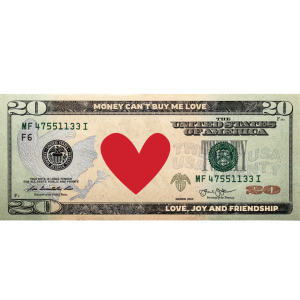Contemporary poetry shares experience
Readers should venture out into unfamiliar prose and poetry
November 12, 2020
Poetry, as it exists in today’s world, is unbound. If you have appreciation for poems, you have likely observed the descent of mean form from the public foreground and the assimilation of poetic expression into various modes. One does not usually kill time by reading poems, rather they seek poetry from film, television and other artistic mediums. Our modern poets flee the apparent restraints of tradition and craft, wading into the circumference of the universe. At least, this is the picture that is presented.
Beauty is part and parcel of literary expression. Okay, you wrote a poem, so what? If it doesn’t grab attention, then it’s dull. Even in the poems that tell horrible tragedies, or depict revolting images, there is a beauty in the communication of these events. The fat consumer stumbles upon hundreds of beautiful meals of art and will cast out the black and white and grey. Now, our theorists watch our poets ambiguate the difference between prose and poetry. Apparently, there is more freedom than ever, although some might argue that there is more freedom within specific poetic structures.
When the architecture of poetry began its colossal shift, I landed on the side of the traditionalists.”
As my generation nears adulthood, I think we have collectively begun to appreciate the sophistication of poetry. When I read as a teenager, I used to bemoan confessional poetry and condemn books like Milk and Honey. Somehow it was offensive to me that an author should be so commercially successful while betraying the conventions of the poetry that I loved. I didn’t understand how people could appreciate those poems because I disregarded how the poem spoke to them. When the architecture of poetry began its colossal shift, I landed on the side of the traditionalists. Every contemporary work I looked at seemed hyper-sensual. At the time, I was attracted to more rigid art that illustrated grand truths and stood for prodigious historical events — both past and future.
Today, I would like to think that I’ve matured. There are not many essential tenets of art or poetry that I have constructed or in which I deposit my belief. In poems, however, I know one eternal quality that is useful to the success of the art as our culture continues to change, which is immediacy. Collections like Lunch Poems, written by Frank O’Hara, brings us to easy conversation and personal connection to the poet. The work of contemporary authors like Ocean Vuong delivers the ecstasy of desire and the rawness of experience to any and every reader. In her book Bluets, Maggie Nelson disregards genre and seeks an art form more captivating than anything I have ever read.
I understand that many people still have a negative opinion about the poetry that they will find, should they look for poems. The issue with the perception of this art is in the decry of commensurate human experience. Ultimately, successful poets and artists alike are looking to share feeling and emotion in the most accurate way. To open ourselves up and listen to the experience of those around us will be beneficial to everyone. We could be more kind and more knowledgeable. Who says that there isn’t a grand truth in that?














